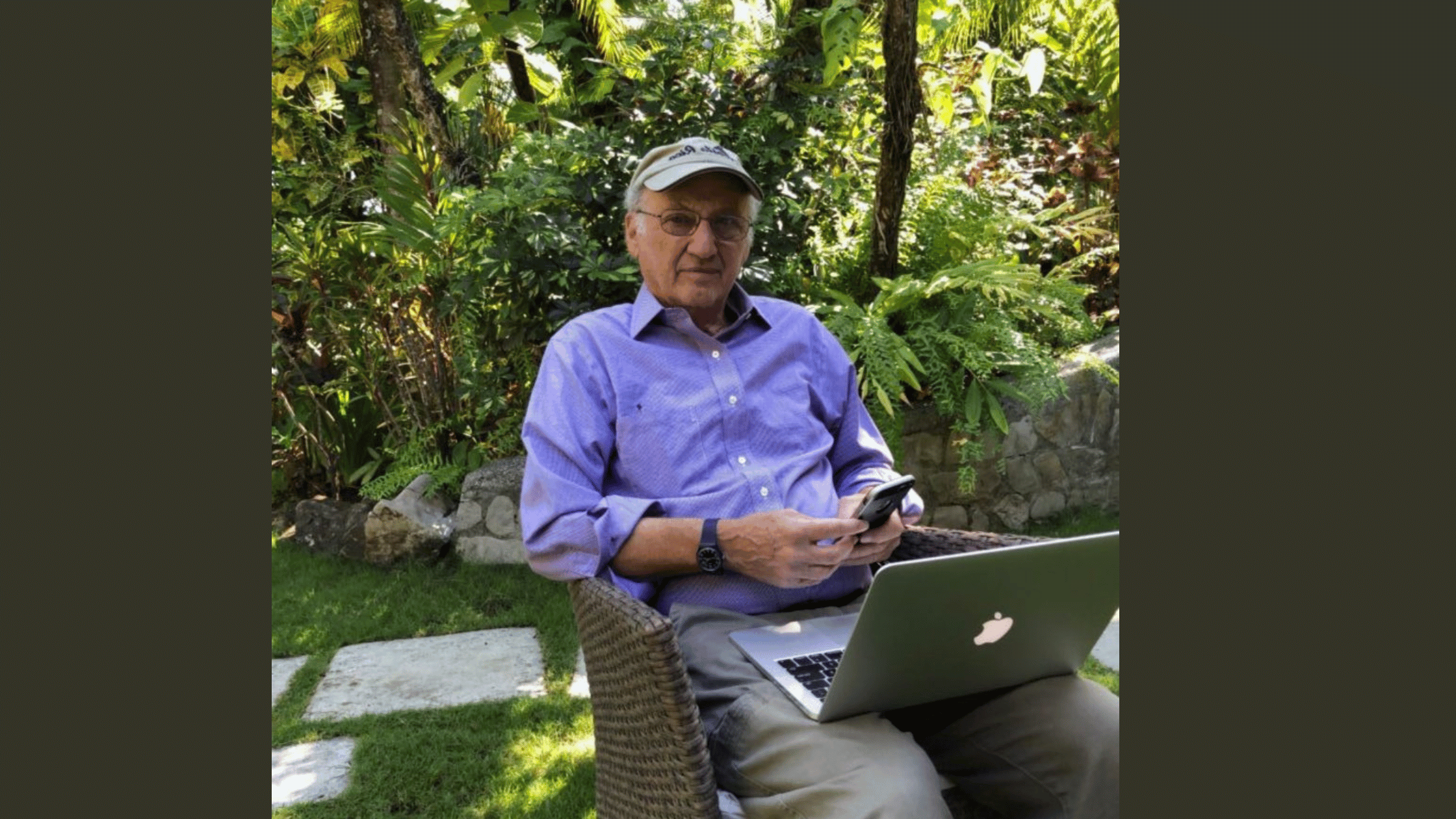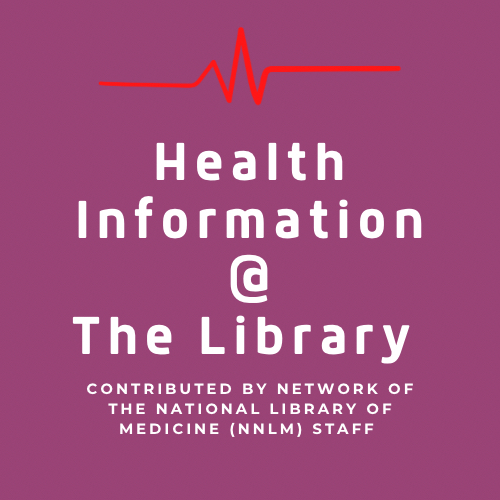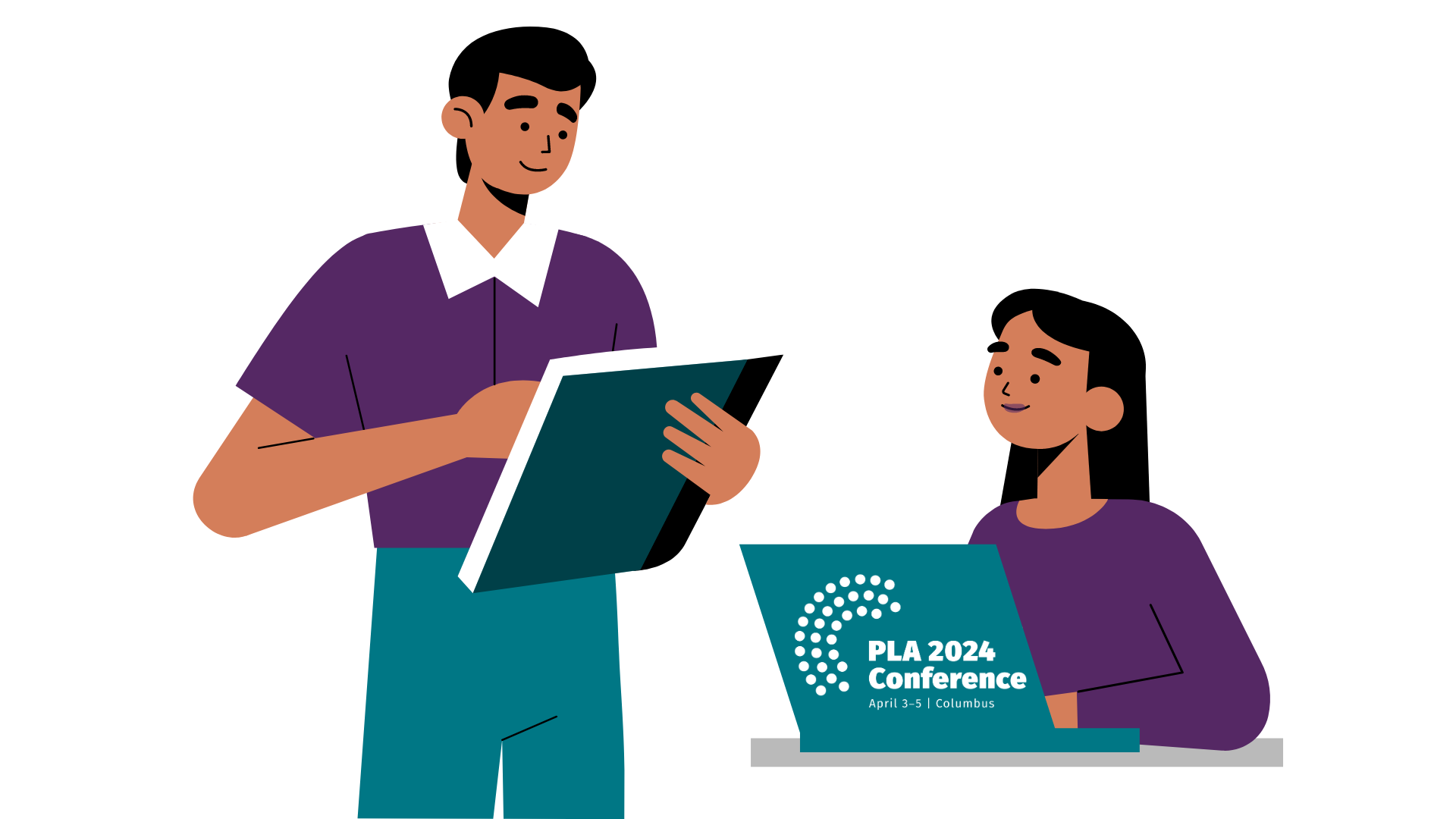Fred Waitzkin On The Lifelong Friendship At The Heart Of His New Novel

Fred Waitzkin’s tender and moving Anything Is Good charts the lifelong friendship between Fred and Ralph, from their initial friendship as high school students to their eventual reunion decades later, when their lives have drastically diverged. Both young men begin as bright, curious adolescents and their intelligence leads them to exciting careers: Fred as an acclaimed writer and Ralph as a gifted mathematician and philosopher. When the long dormant secrets pinning together Ralph’s family life are exposed, Ralph’s life destabilizes and he quickly finds himself unhoused. Told in alternating perspectives, Anything Is Good explores the evolving nature of the strong bond that holds these two men together over the decades, delving into larger issues like the parts of our lives we withhold from friends and what we owe to our community. The origin of the book sprang from a real relationship in Waitzkin’s life, and he uses his considerable novelistic powers to illuminate the complicated interior lives of both men. Waitzkin’s previous work includes his memoir Searching For Bobby Fischer, and already Anything is Good is earning similar praise from critics and fellow writers, with Geraldine Brooks calling it “a deeply affecting dive into the lives of the unhoused. Its shifting perspective and changing narrative voice builds to a clarion call for greater empathy and understanding.”
The novel is based on your friendship with a real person, Ralph Silverman. Can you talk a little about Ralph and your relationship with him?
Sure, I can. I mean, there’s a lot of evolution there. When I met Ralph, I was in high school living in Riverdale, and we both were going to a school called Barnard School for Boys that later became the Horace Mann School. He was tremendously smart, but very eccentric, very different than I was. I was interested in girls and I was interested in sports. I wanted to be a great basketball player or a baseball player. I admired my father, who was a salesman. Ralph wasn’t interested in things like that. He didn’t care about sports. He didn’t understand them. He didn’t play them. He was interested in philosophy and he was reading books by guys like Husserl and Merleau-Ponty that I’d never even heard of. He was very eccentric. He didn’t really relate to other students in an easy way. He had to stretch across a vast terrain, as if he were born from a different world, to relate to them. I found that very, very interesting. He referred to himself, even as a teenager, as an alien, and that’s when it made sense to me. He was a different kind of guy. So we came from different worlds, but we were attracted as friends, and we got along really well,
I was really intrigued by what you write at the beginning of the book when you thank Ralph. You acknowledge his gift for his “unsettling insights.” Can you talk a little bit more about that?
You know, his point of view about the world was just different than that of anyone I’d ever known, even when he was a kid. Over this great expanse of years, talking about this relationship really is—I can’t think of the analogy offhand, but it’s like going up Everest and coming down and then going up again. Ralph and I were very close in a very eccentric way when we were kids, and yet I knew nothing about his life. His life was a mystery. We engaged in our friendship at school and at my house. My mom was a painter, and [my home] was a kind of artsy place, but I knew nothing about his house. He never invited me there. I only learned fifty years later the strange things that were going on in his house that made him the person that he was.
We were close friends when Ralph was fifteen and sixteen and seventeen years of age. Then he went to college and graduate school and became an astonishingly precocious and brilliant philosopher. He was regarded highly by the top philosophers in the world. And then this tragedy took place in his life. The family structure that he lived with, that I didn’t understand when we were kids, fell apart. His father was extremely successful, but in a dark way. He owned fourteen office buildings in New York, but they were all sort of crooked in a way. His partner was Sammy “The Bull” Gravano, who was responsible for nineteen different murders. [Ralph’s father] made a lot of money, but it wasn’t safe money, and he lost it all. And Ralph, by the time he was forty years old, had nothing. He was a homeless person, and he lived on the street for twenty-five years.
Now, during the period of time that he was living on the street, we stayed in touch, but only nominally. He would call me up collect from Miami Beach, across the street from the Fontainebleau Hotel, where, ironically, I used to vacation with my father. He would tell me about what was going on down there. But I felt he was wasting his time. I felt like, “What is Ralph doing as a homeless person?” Because my life was so different at that point. I was doing journalism, I was writing for a lot of big magazines, I was raising a family, and I was trying to make my own life. I thought that my best friend in high school was wasting his life fooling around. I had no vision of what his life was at all. I just knew that he was calling me from the street. He would talk about philosophy, he would talk about the inventions that he was creating in his head while he was living homeless. But I kept thinking, “What the hell are you doing, man? I mean, let’s get back to the real life.”
And so what you were referring to about the unsettling insights, what that relates to is this. About four years ago, when I had lost two of my closest friends, and I was sort of dealing with the aftermath of that emptiness, I wanted to find out what happened to Ralph. One day, I was able to track him down. I didn’t even know if he was still alive. I found out that he was living in a very small section eight apartment in Fort Lauderdale. I got on the phone with him, we started to talk. Remarkably, in certain ways, he was the same person I’d known in high school and he wasn’t the same person that I didn’t know when he was homeless for twenty years. There was a great rebirth in our friendship. I asked him how he would feel if I wrote a book about his life, from what happened when he was a young man to the twenty years that he was homeless to today, and he agreed to that. So the line that you’re interested in, the unsettling insights, has to do with his storytelling ability. It was remarkable. I mean, he would tell me what was going on in his life and I was just blown away again and again by his insights. That’s where that line came from.
You get that sense reading the book of how Ralph has almost this otherworldly gift of connecting with people, especially in all the relationships that he builds in the encampment in Miami Beach where he lives. Different members of the community almost view him as a therapist.
I didn’t know about any of this, really, until three years ago when we started talking about it. In the book, there’s the juxtaposition of two voices. Fred narrates some of the book and Ralph narrates about 75% of the book. The Fred character really doesn’t know anything about the homeless life. Fred lives in New York City, and he sees homeless people living on the street, but he sees them and he really doesn’t see them. They’re just sort of like the furniture of New York City. He doesn’t think of them as individual people. He thinks of them almost monolithically: as drug addicts, as people who are disturbed, as people who are kind of lower class.
Meanwhile, Ralph is living with these people at the same time, and he sees them very differently. He tells all sorts of incredible stories. For example, he tells a story about a couple that run one of these camps around Pompano Beach, Florida. The female, Melanie, before she became homeless and fell in love with Wayne, who was her husband, was a computer prodigy. She was a computer genius, and Ralph is sort of a minor computer genius himself. He’s the kind of guy that can build a computer from scratch, and he knows computers backwards and forwards. But Melanie knows much more about computers than Ralph, which is uncanny to him, that in the homeless world, he finds a woman that knows more about computers than he does. Likewise, he tells me [while living] in the Homeless World, he discovers that there are people from the outside world who come into these parks, these enclaves where homeless people live, because they want to talk to several people that they’ve met there in the past because they have such deep insight. It is almost as if the tragedy of their lives cut away so much of the pretension of living that they have a kind of pristine wisdom that most people in the outside world don’t know about. When he renders the homeless world, it’s almost like a different civilization. It’s almost like there’s a world beneath the world that we don’t know about that’s populated by rapists, drug addicts, and violent people. But also people who are wonderful, who have deep insights, who are literary, who are knowledgeable, who have love affairs. This is really unbelievable that this world exists, that I think people don’t know very much about at all. He gave me this gift in our conversations.
You write early in the book about how, as a young man, the Fred character had these aspirations of living out on the road from reading Henry Miller, George Orwell, and Jack Kerouac. I was wondering if you could talk about how your friendship with Ralph and writing this novel impacted your views on people who are homeless.
Well, I’m embarrassed about the views that I had about homeless people before really deeply delving into it with Ralph, as I alluded to before. My office is on 28th Street in Manhattan, which is the Flower District. If you walk down my block, you’ll see stores with beautiful arrangements of flowers up and down the street, and in between the stores, you’ll see homeless people. They’re sleeping on the ground, they’re sleeping on the concrete. This is not a big deal in New York, because everywhere you look, you find this. Where I live in the Soho area is a beautiful little park that was put up about four years ago. Homeless guys live on the benches, and it doesn’t smell good. Most of the people in my neighborhood are very liberal minded, but somehow they can’t deal with the strange neighbors who have come into this neighborhood.
Ralph, as I suggested before, made this much more approachable. He created an explanation for it that didn’t seem so ominous. He made me feel that this was something that we had to understand more deeply, rather than just saying, like Donald Trump says, “Take them all and lock them up. Put them in a van or send them out of the country because they’re deviants, or they come from insane asylums and jails.” Which is insane, because they don’t! Ralph enlightened me to a lot of this.
Even though the book is based on an actual relationship, it’s a novel. Can you talk about the choice to write this as a novel rather than a nonfiction account of your friendship with Ralph?
I think that’s a great question. I’m very suspicious about these clear distinctions between fiction and nonfiction. I really think serious writers of fiction are writing a hybrid, they’re writing a combination of nonfiction and fiction. I think it exists—not just in my novel, but in most novels. For example, if you talk about a book like The Sun Also Rises by Ernest Hemingway, if you look at the first draft of that novel, Hemingway uses the names of his friends for the various characters in the book. It’s only when he gets into the third draft that he changes the names of the characters. But what actually happens during that trip to Pamplona is very, very close to what happened to a trip in Pamplona that Hemingway took. But like most novelists, he called it a novel. Of course, it isn’t exactly like what happened in the trip in Pamplona, but significantly, it has, in fact, characters that were on that trip complained to this day. You should have called it a memoir, but I think that’s ridiculous. Take a book like The Old Man And The Sea, which is the first novel that really gripped me. You’re reading about this fisherman who battles a huge fish. It was utterly compelling in my life. It really started me as a writer. But if you look into the research, fifteen years before [Hemingway wrote the novel], he wrote an article for a magazine about this old man, Santiago, who caught this giant marlin and the sharks ate it up. So, you know, I think that most serious novels have a nonfiction core to them. For lack of a better word, I’m saying, “I just don’t play that game.” What I say at the beginning of my book is, “This is a work of fiction based upon a true story.” Other writers do that too. It’s not just me alone, but I put it out there.
You’ve been writing for so long and written so many books. Has your approach to writing or the writing process changed since you first started out?
Yes, it absolutely has. Let me say a couple things about that. For one thing, when I started writing fiction and before I went into journalism, I was a painfully slow writer. I could spend five days on a paragraph. I just had to work it to death. In my recent years, what I’ve discovered is the kind of thing that Jack Kerouac talks about in his writing, the liberation of fast writing. I find that by writing more quickly, I come to insights without thinking about them. They just come to me, and they’re some of the best insights that I have. After I get the draft down, I slow down and rewrite, but I let it come very, very quickly. In this book, I had an astonishing breakthrough in terms of style. I would say normally, in almost all of my other books, I would take breaks when I was writing a novel or a work of nonfiction. I would take long breaks, a month or five weeks.
But in this book, once I started writing, I wrote for two years without stopping, except for maybe on Sundays. I took Sundays off, but other than that, I worked every single day. What happened was—I mean, this is a cliche, but experientially it was profound for me. What happened was the book began to write itself. I didn’t have to think about what to write next. It just came.
When I reached the end of the book, I was worried about how to end it. I didn’t know how to end the book. It scared the hell out of me. Then one night, I was falling asleep, and I woke up in a start. It was still only one o’clock in the morning, and I saw what I had to write the next day. I had a little pad behind my bed, and I jotted it down. Then for the next four months, the way I wrote the end of the book was that either before I was falling asleep or when I was waking up in the morning, I would have a dream vision of what I had to write in the next chapter. I wrote the whole last seventy-five pages of the book in that state. It came to me almost in a dream. I love the ending of the book that I conceived of. I had no idea that would be the ending of the book until I started having these strange voices from deep inside. I think all of that came in part because of the fact that I never stopped writing from the beginning to the end.
I love that. Finally, what role the has the library played in your life?
I have an office now on 28th Street and this is sort of my cave. This is where I go to do my work. But when I was writing Searching for Bobby Fischer, I was living in our apartment and I had two children. There was a lot of action there. It wasn’t a place to write a book, so I was always working at the library. I would go the NYU library, which was very close to my house. A lot of that book was written in libraries. I’ll often spend part of the summer in Martha’s Vineyard in Massachusetts, and there’s a beautiful library there, the Chilmark library. This summer, I’ll be working on something else, and I’ll go to the Chilmark library. Having all these books around me will be very inspiring. There are quiet rooms where I can work, and the people that work there know who I am. They give me a wave. So libraries have been wonderful in my life. I’ve had my romance with libraries. I used to find them intimidating. I would wonder, “Am I going to fit in here?” But libraries are wonderful and they’ve been very helpful to me.
This interview has been edited and condensed.







